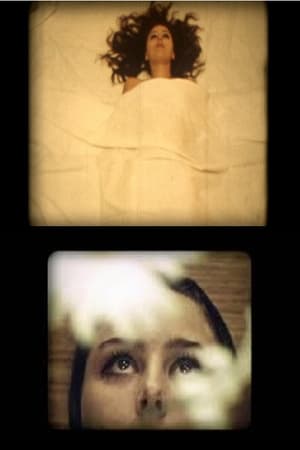
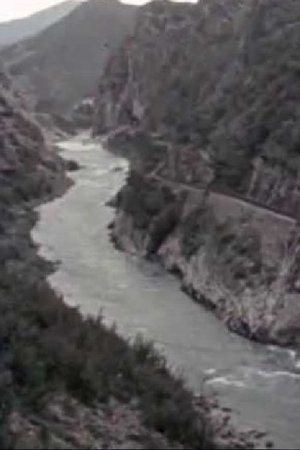
In the Valley of Neretva(1959)
It shows the Neretva river from its source to the shores of the Adriatic Sea. The document also captures the original four-hundred-year-old bridge in Mostar.
Movie: In the Valley of Neretva

Údolím Neretvy
HomePage
Overview
It shows the Neretva river from its source to the shores of the Adriatic Sea. The document also captures the original four-hundred-year-old bridge in Mostar.
Release Date
1959-11-13
Average
0
Rating:
0.0 startsTagline
Genres
Languages:
ČeskýKeywords
Similar Movies
Uprising in Jazak(sh)
The elderly inhabitants of a village in Vojvodina look back on the war and the partisan battles. The film also examines how collective memories and myths enter the individual consciousness.
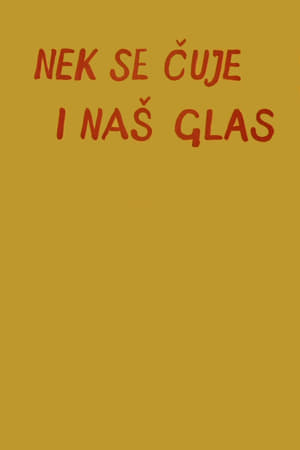 5.3
5.3Let Our Voices Be Heard Too(sh)
A loving portrait of a pirate radio stations, which is run by the rural population with plenty of passion and talent in the face of opposition from the authorities.
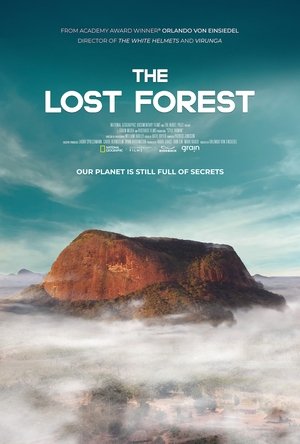 0.0
0.0The Lost Forest(en)
How would natural habitats develop without human interference? In this documentary we follow an international team of scientists and explorers on an extraordinary mission in Mozambique to reach a forest that no human has set foot in. The team aims to collect data from the forest to help our understanding of how climate change is affecting our planet. But the forest sits atop a mountain, and to reach it, the team must first climb a sheer 100m wall of rock.
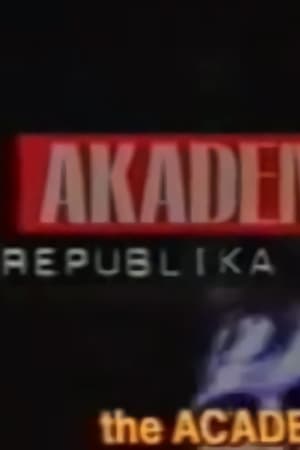 0.0
0.0Akademija the Republic(sr)
Akademija Republika shows a group of people gathered around the club from 1981 until 1995 and how it changed and influenced the cultural and night life around them.
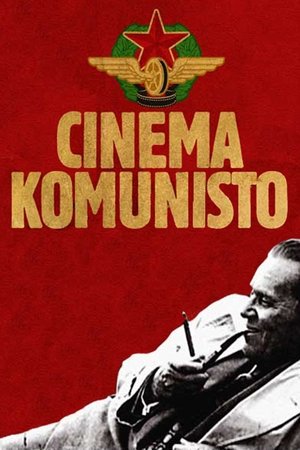 7.1
7.1Cinema Komunisto(sr)
This eye-opening and bittersweet chronicle of the Yugoslavian film industry recounts how the cinema was used—often with direct intervention from President Josip Broz Tito—to create and recreate the young nation’s history, replete with heroes and myths that didn’t always hew closely to reality.
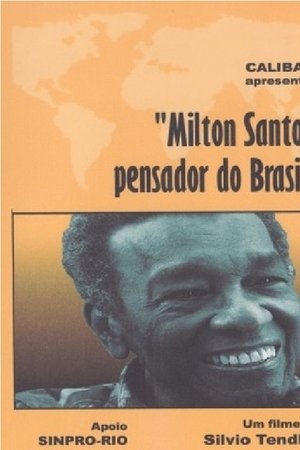 8.0
8.0Milton Santos, Pensador do Brasil(pt)
The interview, held on January 4, 2001, was the last given by Professor Milton Santos, who died from cancer on June 24 of the same year. The geographer is gone, but his thoughts remains. Its political and cultural ideals inspire the debate on Brazilian society and the construction of a new world. His statement is a true testimony, a lesson that the world can be better. Based on geography, Milton Santos performs a reading of the contemporary world that reveals the different faces of the phenomenon of globalization. It is in the evidence of contradictions and paradoxes that constitute everyday life that Milton Santos sees the possibilities of building another reality. He innovates when, instead of standing against globalization, proposes and points out ways for another globalization.
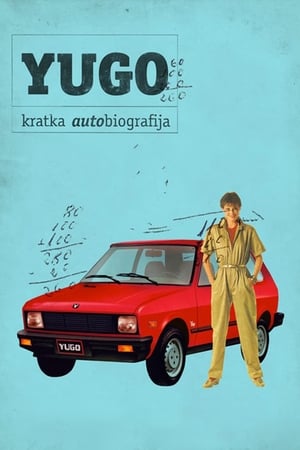 0.0
0.0Yugo: A Short Autobiography(sr)
A half-hour fictional documentary film that, through the fates of different people, tries to illuminate the phenomenon of the YUGO car, a cute outsider of small capacities but big ambitions, in the period between 1980 and 2008, when it was manufactured. The film combines statements from authentic workers that were involved in the production of Yugo, archives, along with the reconstruction of different fragments from the Yugo's history which portray him both as a family and a thug's car, as a part of the great American Dream, or as a symbol of betrayed expectations. This film is a small 'commemorative' review of the history of an automobile that for a long time symbolized, in a jocular and veritable way, sometimes even by accident, the times in which he was manufactured.
Special Trains(sh)
The story of a group of Yugoslavian "guest-workers" on their train journey to Germany. At Munich's main station, they land up in a basement. When they register, their names are replaced by numbers.
The Last Yugoslavian Football Team(nl)
They were called ‘the golden generation’, the young Yugoslavian soccer players who won the Junior World Soccer Championships in 1987 in Chile. They became world-famous and today play in Rome, Milan and Madrid. But the country they represented in Chile no longer exists. Director Vuk Janic talks with soccer heroes like Zvonimir Boban and Sinisa Mihajlovic and visits the neighbourhoods they grew up in. Via the soccer, he tells the story of the disintegration of his country. The supporter riots in 1990 during the match between Red Star Belgrade and Dinamo Zagreb heralded the imminent war. Shortly after, the team fell apart. Seven years later, as national players of Croatia and little Yugoslavia, they compete in two charged qualification matches for the 2000 European Championships. Soccer is not war, but the war is never far away. The first match in Belgrade has to be cancelled due to NATO bombings, and the two national hymns are drowned in deafening whistles from the audience.
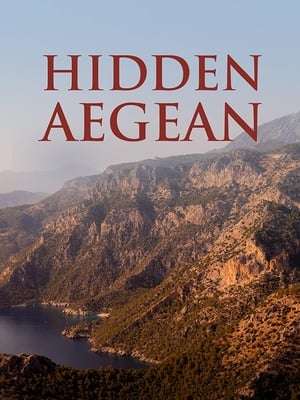 3.0
3.0Hidden Aegean(en)
Host Peter Greenberg explores the hidden gems of Turkey's Aegean coast. Some of the stunning destinations include Bodrum, Izmir and the ancient city of Troy.
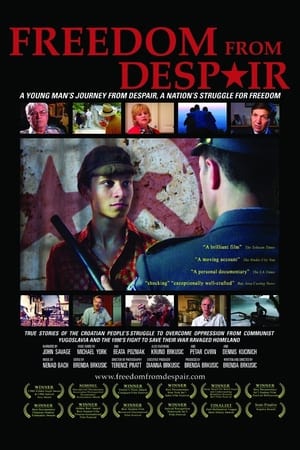 0.0
0.0Freedom from Despair(en)
True stories of the Croatian People's struggle to overcome oppression from communist Yugoslavia and the 1990's fight to save their war ravaged homeland.
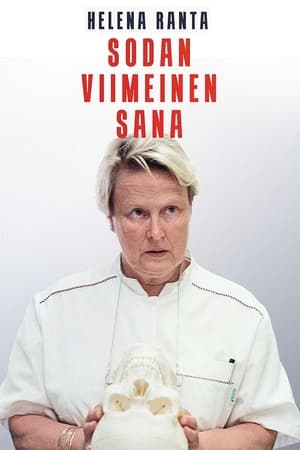 0.0
0.0Fragments of Humanity(fi)
In the Kosovo War, human dignity was shattered by the terrors of the Serbian government and the Albanian liberation army. Truths about the victims’ fates faded away, which is why a Finnish forensic research group led by Helena Ranta got a mission to act as an unbiased agent and investigate the real course of events.
Who Is This Kusturica?(ru)
Emir Kusturica views himself as a rock musician and believes that he became a world-famous filmmaker by pure chance, as he shoots his movies only in between concert tours with the “No Smoking Orchestra” band. At these little pinpoints of time he gets “Palms d’Or” at Cannes, “Golden Lions” in Venice, builds his own villages, a power plant and a piste and regrets not becoming a professional football player. Kusturica’s own living is very much similar to his movies, where shoes are polished with cats, death is treated like a story from tabloid press, and life is a miracle...
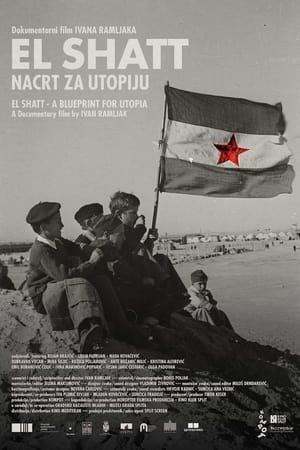 0.0
0.0El Shatt – A Blueprint for Utopia(hr)
Hundreds of frozen and starved people floating on boats in the middle of the Mediterranean Sea fleeing from the war... Familiar scenes that we are used to seeing in recent times. But the year is 1944, and the refugees are travelling from Europe to Africa. After Italian capitulation,and before the arrival of German army, 28 000 Dalmatian Croats left their home villages and towns to live for two years under the tents in the middle of Egyptian desert, in a kind of a communist model village that was formed to show the Allies how the new Yugoslavia will look like when the war ends. This is a story about them.
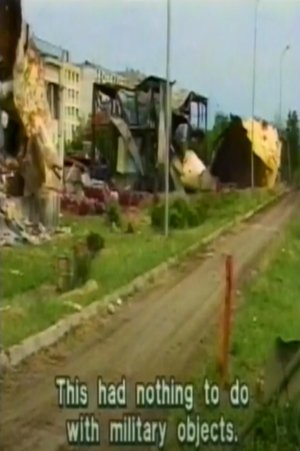 0.0
0.0NATO Targets Yugoslavia(en)
An anti-war documentary featuring original on-the-ground footage and interviews from the 1999 NATO war against the Federal Republic of Yugoslavia. Watch the 78 days of untold destruction, bombing bridges, hospitals, schools, and dropping up to 11 tons of depleted uranium across the country that NATO considers a successful “humanitarian intervention” in Yugoslavia. Filmmaker Gloria La Riva lifts the veil of imperialist propaganda to reveal the humanitarian crisis caused by the war.
Every Child Is Beautiful When Born(sl)
This documentary follows young Esad, singer in Slovenian New Wave Punk band Via Ofenziva.
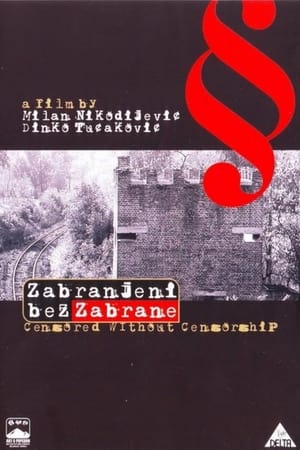 7.2
7.2Censored without Censorship(sr)
Through the conversation with Yugoslav film authors and excerpts from their films, this documentary film tells a story of a film phenomenon and censorship, and its focus is, in fact, a painful epoch of Yugoslav film called “a Black Wave”, which was the most important and artistically strongest period of Yugoslav film industry, created in the sixties and buried in the early seventies by means of ideological and political decisions. The film tells a great “thriller” story of the ideological madness which characterised the totalitarian psychology having left multiple consequences felt up to our very days. It stresses similarities between totalitarian regimes defending their taboos on the example of the persecution of the most important Yugoslav film authors. Those film authors have, however, made world careers and inspired many later authors. The film is the beginning of a debt pay-off to the most significant Yugoslav film authors.

